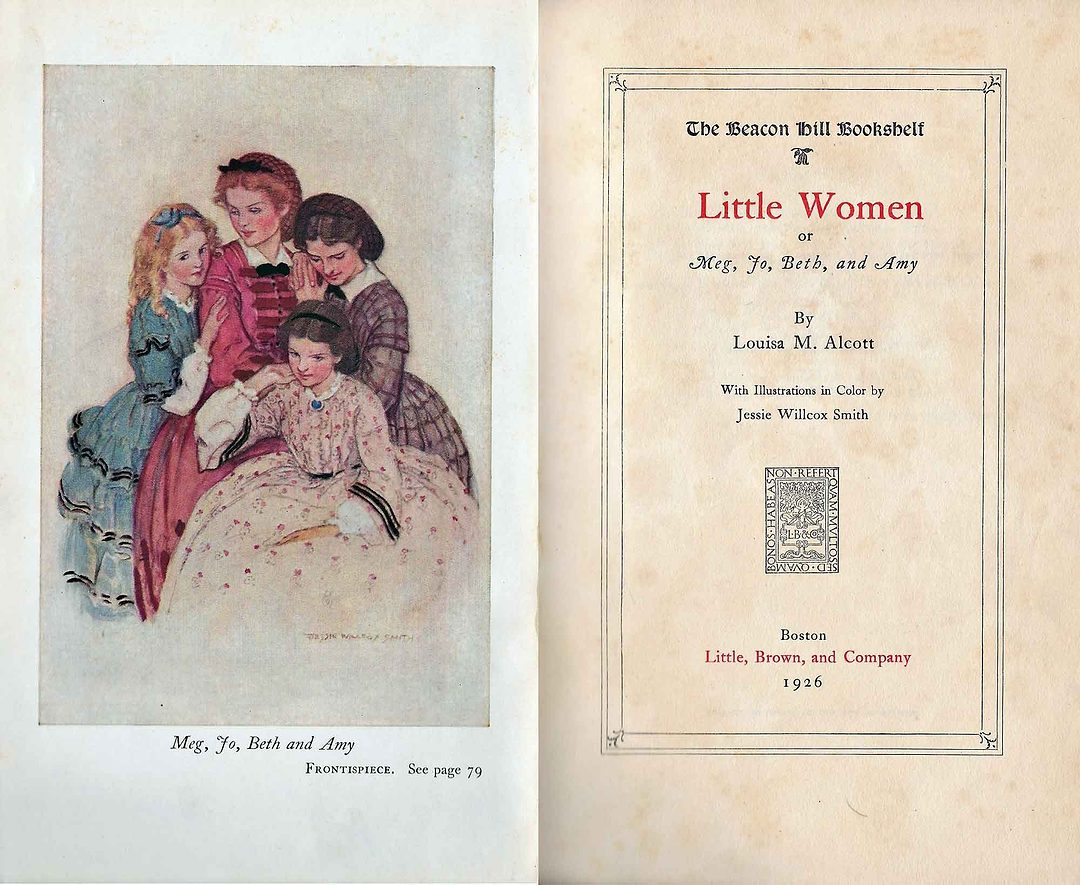What was your response to Little Women? Did you write it down? Is there a record from your grandmothers, mothers, or aunts? So many readers remember their first impressions of the iconic tale, documenting that experience in diaries, letters, or school projects. Independent scholars Susan Bailey and Lorraine Tosiello have set out to collect these responses for posterity.
Preserving the readers’ responses
Sadly, Alcott destroyed most of the fan mail that reached Orchard House. While in Europe in 1870, she wrote to her family, “Don’t send me any more letters from so cracked girls.”1 In Jo’s Boys, Jo comments, “Emerson and Whittier put these things in the waste-paper basket and...I will follow suit.”2 Alcott scholar Anne Boyd Rioux noted that, with a few exceptions, “...virtually none of her other fan letters survive.”3
Mindful of this loss, Bailey and Tosiello intend to preserve the ongoing legacy of readers’ responses. This project’s genesis occurred to Tosiello when she found the book report about Rose in Bloom she had authored at age ten. She wondered, “How many other such diaries, letters, and school projects exist, and how could we find them? Such material would be valuable for scholars and teachers, shedding new light on the book’s impact over its 150-year history.”
Creating a movement
“Any reader can be a ‘Hidden Critic,’” Bailey explained. “If you jotted down your annoyance with Amy in your journal or corresponded with a friend about Beth’s death, we want to know about it.”
“We hope to motivate a movement to collect and preserve these remembrances,” Tosiello said. “We want to have people ransacking their attics, finding those family archives. We encourage them to pass on the call through social media to invite other fans to join in a fun and significant project. Teachers and librarians could encourage readers to send in their findings.”
Archiving the responses
The entries will be cataloged and stored on the website of the Louisa May Alcott Society. Society president Gregory Eiselein thinks the call for documentation of readers’ responses to Little Women is an “exciting project.” The LMA Society “would like to host the online version of this project on the emerging Alcott Archives section of the society website,” he says. Jan Turnquist, Executive Director of Louisa May Alcott’s Orchard House, agrees. “I am excited about this project and Orchard House partnering.” Capturing the enthusiasm of the many visitors to the Alcott homestead will be essential to a full survey of “Hidden Critics.”
“Hidden Critics” instructions
Readers can visit louisamayalcottismypassion.com for instructions on how to fill out the documentation form and submit copies of their original notations about Little Women. Write to louisamayalcottismypassion@gmail.com with any questions. “We are enthusiastic about what we will find,” says Tosiello.
1 Reisen, Harriet, Louisa May Alcott: The Woman Behind Little Women. NY: Henry Holt and Company 2009, 232. 2 Alcott, Louisa, Jo’s Boys, and How They Turned Out. Boston: Roberts Brothers, 1886, 50. 3 Rioux, Anne Boyd, Meg, Jo, Beth, Amy: The Story of Little Women and Why it Still Matters. NY: W. W. Norton, 2018, 69.


